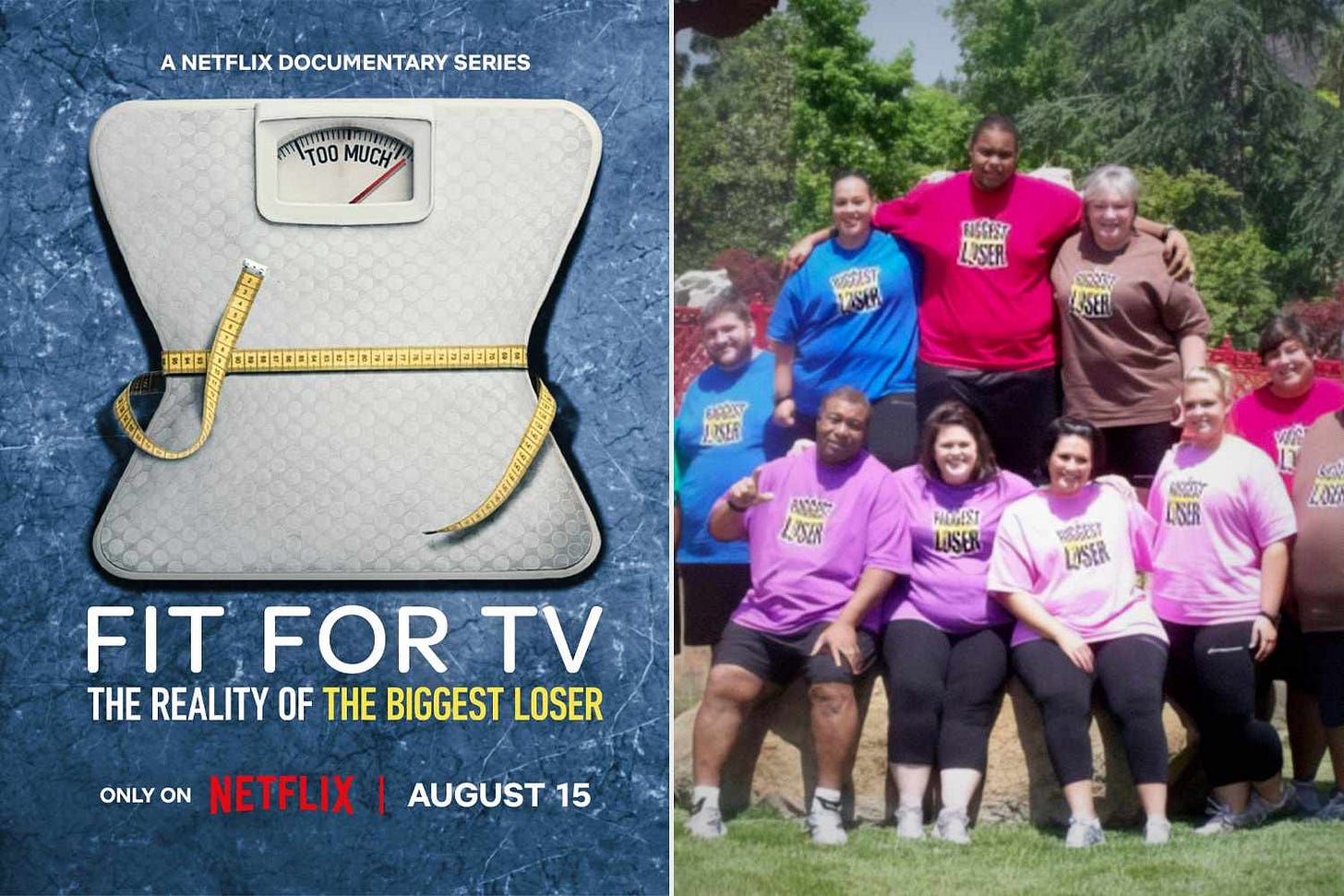The Real Reason Jillian Michaels Hates Ozempic
Let’s be honest — Jillian Michaels isn’t “concerned” about your pancreas. She’s terrified for her brand.
Ozempic ruined her business model. No more screaming, no more starvation boot camps, no more guilt-driven cardio till you puke. A weekly injection that actually works means her empire of “no excuses” DVDs, supplements, and tough-love lectures suddenly looks as outdated as a 2006 fitness infomercial.
When weight loss becomes medical science instead of moral failure, Jillian’s product—shame—is obsolete.
So when she warns about “dangerous side effects,” remember: the biggest risk is to her bottom line.
Exactly — that’s the subtext nobody in wellness wants to say out loud. Jillian Michaels built her entire brand on the idea that you can (and must) “earn” thinness through pain, punishment, and her personal boot-camp style. If a weekly injection makes the weight drop without screaming, sweating, or suffering, her business model implodes.
Ozempic and the GLP-1 drugs upend everything she’s selling:
Her “no excuses” fitness narrative becomes obsolete.
Her supplement line looks like snake oil next to a clinically proven metabolic treatment.
Her identity as a tough-love fitness guru doesn’t fit a world where obesity is reframed as a hormonal and neurological condition rather than a moral failure.
So of course she’s “worried about side effects” — but the real side effect is that her revenue stream is failing faster than her contestants did on The Biggest Loser.
And, of course, she is not the only fitness guru who is worried. Even Pilates teachers are concerned. You can always spot it — that pained expression Pilates teachers get when someone mentions Ozempic or Mounjaro. It’s the look of people who suspect their clients might lose interest in Leg Circles if their thighs get slim enough.
What they don’t realize is how transparent it is — pure fear wrapped in faux concern. Suddenly everyone’s worried about “side effects,” as if obesity, diabetes, and amputations were just charming personality quirks.
Flashback: When Nobody Wanted Pilates
Let’s rewind. When Joe Pilates died in 1967 his Method was unknown and it stayed that way until I rebooted it in 1991. And even then, nobody cared until the early 2000s. Some say it was because of that trademark lawsuit — I say it was because Americans don’t like exercise unless they sweat buckets and “torch calories.” Pilates was never about that; it was about connection, alignment, and thinking while moving. (A tough sell, apparently.)
Now we have six Reformer franchises! All pushing and sweating to Taylor Swift remixes. What was once individual, precise, and guided by touch is now group choreography with neon leggings. You’ve got people standing beside a $5,000 reformer, pulling the Carriage with one arm to “get a bicep pump.” Joe is rolling in his grave. Or maybe doing a controlled roll-up.
The Bubble of Body Worship
Walk into any studio and you’ll see rows of reformers —eight, twelve, sometimes sixteen. It’s starting to look like a parking lot for overpriced sleds. It’s all the same formula: since Club Pilates worked, let’s make Jet Pilates, Body Bar Pilates, Natural Pilates, Studio Pilates, P4 Pilates — copy, paste, repeat.
The logic is identical to spinning: first there was Spinning™, then SoulCycle, then Peloton. Same bike, different playlist. Everyone thinks their version will be the one that finally changes the world. Spoiler: it won’t. You’re still just beating up your body on a bike and mistaking sweat for transformation.
The Fear of Effortless Weight Loss
And now, enter the drugs. The miracle injections. The ones that actually work. Suddenly, the fitness world looks nervous. Because if you can lose weight through hormone regulation instead of calorie math, the old script collapses. It’s like discovering the earth is round — but the treadmill sales team insists it’s still flat.
The Pilates crowd doesn’t dare admit it, but their panic isn’t about “health.” It’s about business. “Oh no, what if people stop exercising after they lose weight?” Translation: What if they stop paying me?
Perspective, Please
Meanwhile, these same people forget that for decades, science kept quiet about hormones because it was more profitable to sell willpower. Now that we understand how ghrelin and GLP-1s actually work, the curtain’s been pulled — and the industry’s terrified you’ll notice.
So yes, expect a lot of sanctimonious talk about “natural balance” and “movement joy.” What they really mean is “please don’t cancel your package.”
The Irony
Of course, exercise can be better — smarter, more efficient, more meaningful. That’s why PhysicalMind evolved into inventing products that actually make sense. We have a wearable reformer, the Tye4X™, for $75. No freight delivery. No 7-foot frame. No franchise fees. We also have 80Bites — the only program that actually helps rebalance your hormones just like Ozempic.
So while the fitness world keeps frowning, spinning, sweating, and rebranding, I’ll be over here watching the bubble swell… and waiting for the pop.


